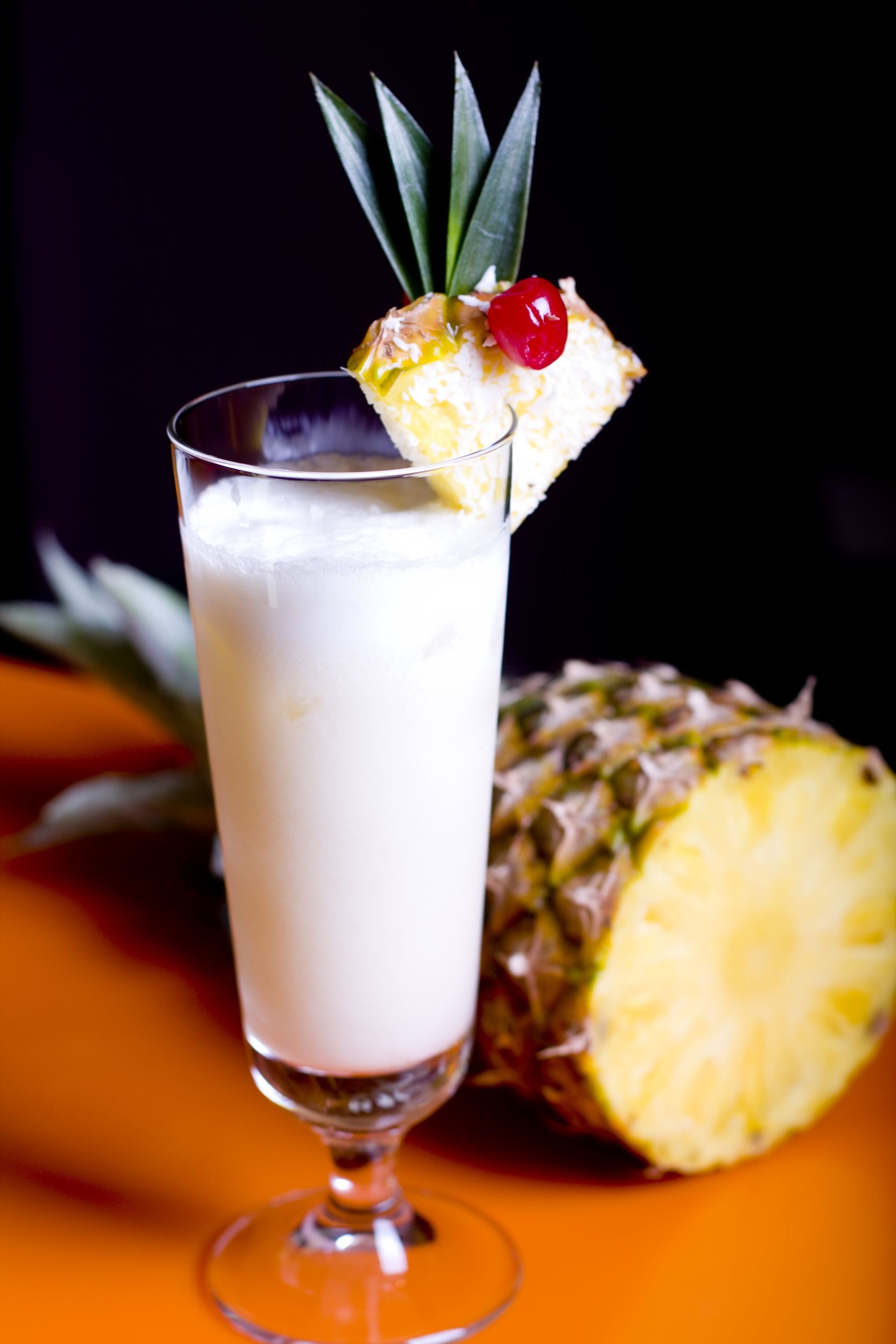Packing a healthy lunch takes a little planning, but good nutrition is a big reward. If you struggle for lunch ideas, this simple guide on how to pack a healthy lunch is just what you need. Read on for thirteeen lunch ideas that will keep you feeling full all afternoon, and my at-a-glance guide to pairing delicious and healthy food types.
If you’re like most busy people, packing a healthy lunch for yourself probably seems like a chore. When you’re busy running out the door in the morning, packing a lunch for yourself is probably the furthest thing from your mind. But when lunch time rolls around – and you haven’t planned ahead – you’re likely to grab whatever is quick and easy… which may not always be the best choice. Getting into the habit of packing a healthy lunch for yourself might take a little time and effort on your part, but it’s a habit worth trying to establish. Not only will it save you some money, you’ll have much more control over what you eat, and how much.
What is a healthy lunch?
What you eat for lunch can make a big difference in how you perform for the rest of the day. If you don’t provide your body with the fuel it needs at lunch, you might find yourself tired or fuzzy-headed in the afternoon – which might leave you searching for a sugary, calorie-laden “pick-me-up”. Ideally, your lunch meal will keep you satisfied for several hours, so you’ll have the mental and physical energy to get through the rest of your busy day.
Even though many people rely on typical “lunch food” – like a sandwich, or soup and a salad – there are many different foods that can provide you with the energy and good nutrition that you need. Protein is important, since it helps to keep your hunger in check, vegetables help to fill you up and contribute plenty of vitamins and minerals, and high-fiber whole grains take time to digest and give your meal more staying power. To satisfy your sweet tooth, you can finish off your meal with some healthy carbs – in the form of a piece of fresh fruit.
If you’re not in the habit of packing a healthy lunch for yourself, start planning the night before. One of the easiest things to pack for lunch is leftovers from your evening meal – so get in the habit of cooking extra food. As long as you’re going to all the trouble to prepare and cook, you may as well get a few meals from your efforts. And, if you portion out your lunch at the same time you portion out your dinner – and then stash it in the refrigerator for the next day – there won’t be temptation to eat a second helping at night.
Once you get in the habit of putting aside leftovers for yourself, the next step is to start setting aside different components of your meals – the chopped raw vegetables, or the cooked meats, grains or poultry. Over the course of a few days, you’ll build up a stash of healthy ingredients to put together a variety of quick, healthy lunches.
Packing a healthy lunch: get ready
It’s hard to pack a healthy lunch if you don’t have the right ingredients on hand. And I’ll be the first to admit that this does take a little time and planning, but I really believe that the extra bit of time spent to make sure that your refrigerator, freezer and pantry are stocked make all the difference. When you don’t have what you need, it’s too easy to pick up something at the store or vending machine that might not be as healthy as something you’d pack yourself. I spend a little extra time a few nights a week to chop extra vegetables or wash extra salad greens for my lunches, which makes choosing what to pack for a healthy lunch a whole lot easier.
Try to get into the habit of “cooking once, eating twice (or more)”. Cook extra proteins and whole grains, and if you’re washing vegetables for salads or chopping veggies for cooking, always wash and dice extra so you’ll have them on hand.
Foods to keep on hand
- Whole grain options: brown rice, quinoa, millet, cracked wheat, whole wheat pasta or soba noodles, barley
- Protein options: chicken or turkey breast, roasted tofu, cooked lentils, cooked veggie burgers
- Vegetable options: mixed salad greens (wash, dry thoroughly, wrap in a large kitchen towel and store in crisper drawer in the refrigerator); leftover cooked vegetables; diced firm vegetables (they’ll keep for a few days) – like carrots, celery, red onion, peppers
- In the pantry: canned beans, canned tuna, canned salmon, canned tomatoes, nut butters, whole grain bread/pita bread, whole grain crackers, whole grain tortillas
- In the refrigerator: lowfat milk, soy milk, plain Greek-style yogurt, cottage cheese, hard-boiled eggs, hummus, salsa; whole fruits, low fat salad dressings; marinated artichoke hearts, roasted peppers
- In the freezer: Whole frozen fruits for smoothies, veggie burgers, frozen chicken breasts ready to cook in a batch.
Packing a healthy lunch: get set
Here’s a simple system to help you pack a healthy lunch. Simply pick a protein, add some vegetables and choose a whole grain. Then, add a bit of healthy fat for flavor if you like, and then let your imagination run free. This isn’t meant to be a complete list, but these are some of the most common ingredients you’re likely to use to put together a healthy lunch for yourself. Add some fruit with your meal or for dessert and you’re all set!
| Protein |
Vegetables |
Starch/Grain |
Healthy Fat |
| Protein Powder |
Leafy salad greens |
Cooked Brown Rice |
Hummus |
| Milk |
Carrots |
Cooked Whole wheat pasta |
Avocado |
| Soy Milk |
Peppers |
Cooked Soba Noodles |
Nut Butter |
| Greek-Style Yogurt |
Onions |
100% Whole Grain Bread |
Nuts |
| Cottage Cheese |
Celery |
Cooked Quinoa |
Olive Oil |
| Roasted Chicken Breast |
Tomatoes |
Cooked Millet |
Seeds |
| Roasted Turkey Breast |
Cucumber |
Cooked Cracked Wheat |
Sesame Oil |
| Canned tuna |
Squash |
Cooked Barley |
|
| Canned salmon |
Green beans |
100% Whole Grain Crackers |
|
| Cooked beans or lentils |
Broccoli |
Whole Grain Tortillas |
|
| Eggs |
Asparagus |
Cooked Sweet Potato |
|
| Lean meat |
Salsa |
|
|
| Veggie burger |
|
|
|
How to pack a healthy lunch: go!
Once you pick items from each column, it’s easy to come up with lots of great-tasting, healthy lunches you can pack yourself! Here are some ideas to get you started:
1. Carrot-pineapple smoothie: Blend protein powder with milk or soy milk, cooked carrots and canned pineapple.
2. Mix plain Greek-style yogurt with a little honey and almond butter and top with fresh berries; plain baby carrots on the side.
3. Mash canned salmon with avocado on whole grain crackers; have a side of fresh cherry tomatoes.
4. Mix cooked quinoa with diced roasted chicken breast, artichoke hearts, roasted peppers, vinaigrette dressing.
5. Spread a whole grain tortilla with mustard; layer with roasted turkey breast, tomatoes, cucumber, lettuce, shredded carrots; roll up and slice.
6. Mix cooked black beans with diced cucumber, tomato, celery, avocado, cilantro; toss with salsa.
7. Toss cooked soba noodles with grilled tofu and leftover steamed broccoli. Top with chopped spring onions a dash each of soy sauce, rice vinegar, sesame oil.
8. Top low fat cottage cheese with chopped cucumber, celery, carrots, peppers; season with salt and black pepper; enjoy with a few whole grain crackers.
9. Mix cooked whole grain pasta with canned white beans, canned tomatoes seasoned with basil.
10. Mix together cooked lentils with finely chopped kale, sliced orange, red onion; dress with plain Greek-style yogurt seasoned with salt, pepper, curry powder.
11. Salad of mixed greens and veggies topped with crumbled veggie burger; dress with olive oil vinaigrette.
12. Whole grain pita bread spread with hummus; stuffed with chopped vegetables and sliced hard-boiled eggs..
13. Mix cooked brown rice and canned garbanzo beans (chickpeas). Add a few dried cranberries or raisins, chopped parsley, low fat feta cheese. Drizzle with olive oil and lemon juice.
What do you like to eat at lunchtime? Share your ideas on how to pack a healthy lunch!
Susan Bowerman is Director of Nutrition Training at Herbalife. Susan is a Registered Dietitian and a Board-Certified Specialist in Sports Dietetics.





